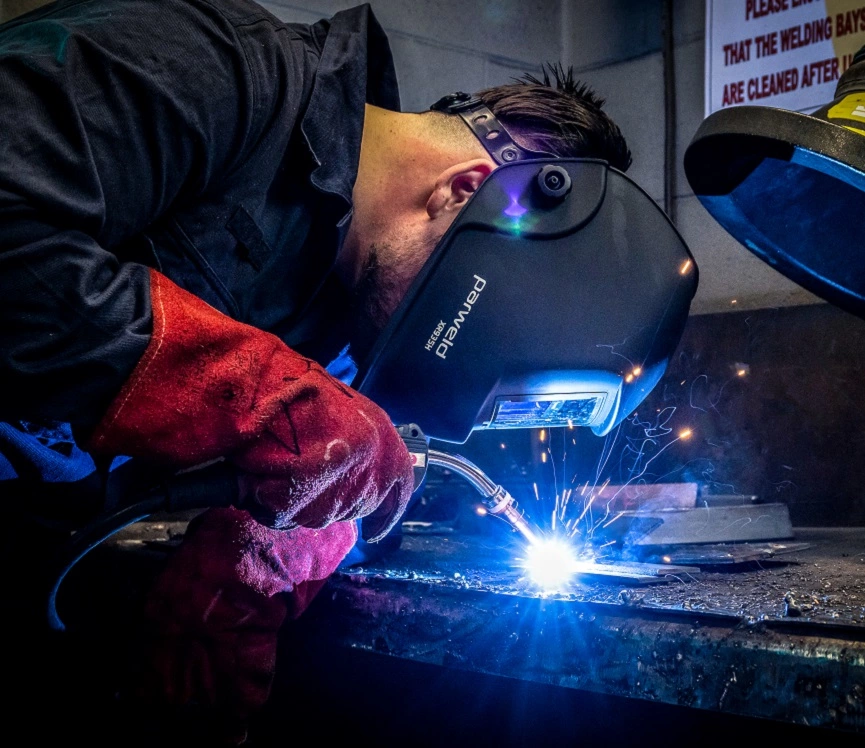The thought of your child leaving school and moving on can be daunting. Year 11 is a very stressful time for everyone, not least due to the pressure of looming GCSE exams and fears about what the future holds. Our parent’s guide aims to remove some of the stress and help you support your young person through the process.
Naturally, as parents we worry about the transition from school to College and although we want to encourage our children to be more independent and develop their personal organisation skills, we also want to be there to support them when needed.
1. Plan ahead – Choosing a course, study programme or apprenticeship
Start researching 16-18 options (college, school sixth form, apprenticeships) as early as you can. Ideally this would be in the autumn term of year 11, but don’t panic if you’re just starting the process now. Use our website to find out what programmes we do and what the entry guidelines are. Come to one of our open events – these are a great opportunity to view the campus facilities and speak to members of staff.
Speak to us! We have a dedicated course enquiries phone line: 01634 402020, or you can email us.
If you need advice or guidance, contact our careers team to make an appointment. Parents are welcome to come along too. They will talk you through the various options and give impartial advice on the best one for your son or daughter – call 01634 383636.
Things to note about choosing College:
- Here at MidKent College, your son or daughter will choose one subject area which will form part of their study programme
- Students aged 16-18 do not have to pay tuition fees for their programme
- You might be eligible to apply for help with travel costs, books/equipment and College meals
- If your son or daughter prefers the idea of working and earning whilst they are learning, we also offer apprenticeships.
2. Making the application
Once your son/daughter has chosen their study programme, complete the online application through our website. The form is quite simple, but it might be helpful for you to support them through it.
We advise prospective students to put a maximum of two study programme choices on their application. If there are three or more different programme choices on the form then they will be offered an appointment with one of our careers advisers before we can proceed any further.
Things to remember whilst completing the form:
- It helps if you can let us know predicted GCSE grades. You can get these from their school – maybe you have a parent portal that you log into for grades and reports
- The personal statement does need to be completed! We read them all and are looking for a couple of paragraphs outlining why they have chosen the programme, if they have done any work experience and any other information about their hobbies or interests
- Once the form is submitted you cannot access it again – if you want a copy to keep for reference, there is an option to print it off before pressing submit.
If your son or daughter has two separate choices and would like to attend an interview for each one in order to help them decide which one to go for, that’s absolutely fine. We will send an interview date for the first choice initially.
3. Interview
We interview most prospective students applying for a full-time study programme – an interview date will be sent in the post on receipt of the application form. This may be a group or individual interview.
Having an interview may be a new experience and so naturally, your son or daughter may be a bit nervous. You can reassure them that we are not going to be interrogating them! The interview is quite informal and is intended to give the applicant the chance to ask any questions they have about the programme and also for the tutor to meet them and talk more about their interest in the subject. The interview will be used along with their predicted grades to decide which level study programme they will be offered. Parents are welcome along to the interview, but may be not admitted to all parts of the session. The tutor will usually verbally confirm a place at the end of the interview, but a written confirmation will be sent with details on the arrangements for enrolment.
We hope that this helps you prepare and plan for the big changes ahead, but please do get in touch if you need further assistance – we are here to help with every step of the process.

